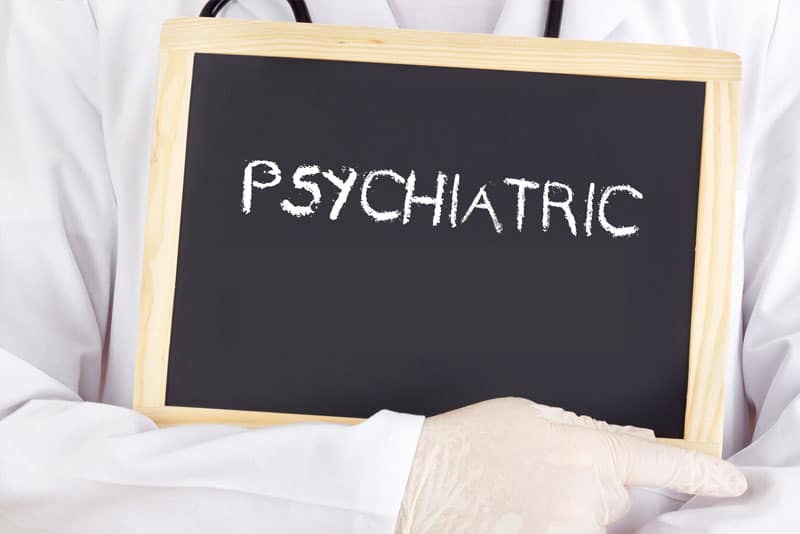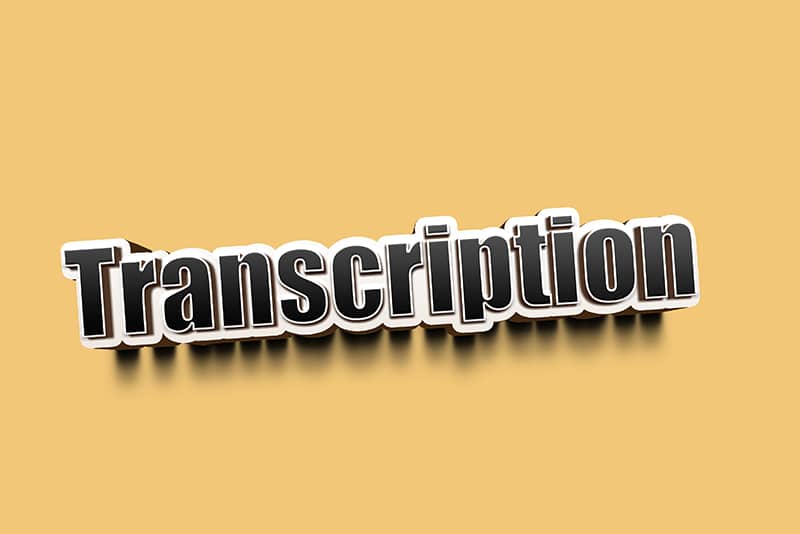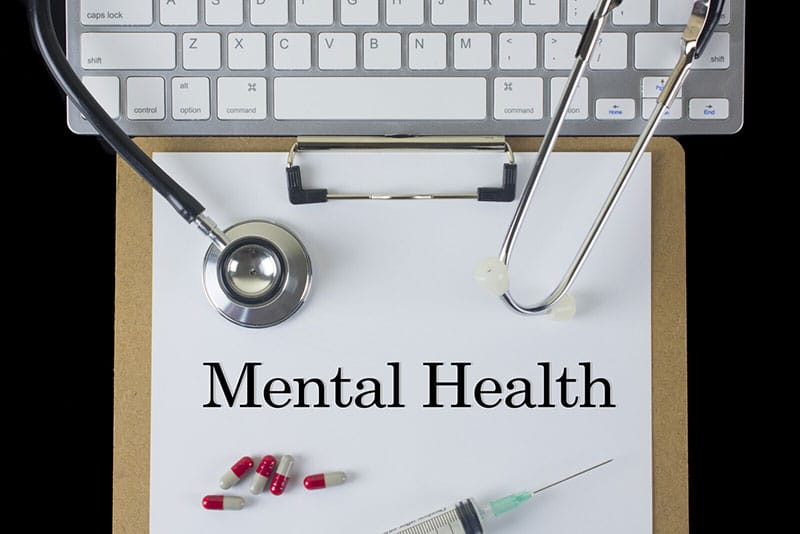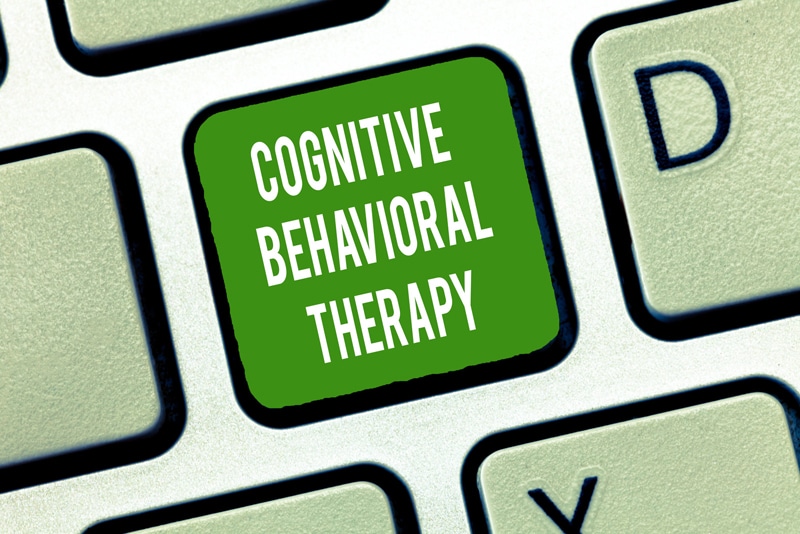
The importance of psychiatric progress notes lies in their ability to provide accurate information on a patient’s health and treatment plan. Psychiatric progress notes are an essential part of the medical record and help identify the patient’s problem, determine appropriate treatment, and follow up the course of treatment to see if it is effective. Psychiatric progress notes are supposed to be accurate, succinct, and legible. They also need to cover all aspects of the patient’s condition, including diagnosis, symptoms, response to treatment, and any other pertinent information. A mental health transcription service helps to accurately document psychiatric progress notes.
The following are some essentials tips to create accurate progress notes:
- Record the symptoms: Address your patient’s report on how their symptoms are responding to treatment in detail. This allows all parties involved in the evaluation to assess the efficiency of treatment alternatives. Be honest about any responses which indicate that the current treatment isn’t working, and make sure to address all elements of their symptoms as they progress through treatment. Physical and psychological symptoms may manifest at different times.
- Content of therapy: This is a small review of what is covered during a personal assessment. You must document the client’s present mental health status, and it is helpful to express this from their perspective.
- Therapeutic Interventions: This section includes the description of the precise treatment procedures that were discussed during your session in further depth. Based on the patient’s new symptoms, describe your approach and strategies for achieving goals.
- Status of Mental Health: Every aspect of your patient’s current mental health is to be thoroughly and objectively included in this section. It has both existing and problematic features, as well as symptoms that aren’t present, in order to provide a framework for diagnosis. This can also involve observations of your client’s physical and verbal acts and reactions that point to circumstances they aren’t expressing.
- Diagnosis: In this section, you can list out one or more specific diagnosis that the patient requires. This section will be updated as the treatment goes on.
- Recommendations, instructions and treatment plan: The diagnosis, short-term goals, and treatment strategy will all be summarized in this portion of your psychiatric progress note. Your goals should include strict deadlines that help you create a treatment timetable, as well as notes about how far you’ve progressed toward your current objectives. It could also signal a lack of progress, necessitating changes to current deadlines. This note will conclude with a summary of the session’s duration.
In November 2020, new federal rules were implemented where healthcare providers must offer patients online access to their clinical notes (“open notes”). Access will not just be to lists of medications, appointment dates, and test results but to the very words written by clinicians. More than 52 million Americans now have access to their medical records through online health portals. According to surveys, patients’ experiences with reading their notes are overwhelmingly good, with one of the many benefits being a better understanding of their prescriptions. Mental health providers must strike a balance between transparency and respect for patient autonomy while maintaining clinical depth in their notes to comply with the new guidelines.
Here some more tips on generating accurate mental health progress notes:
- Talk to your patient about open notes: Patients should be informed about the practice and the purpose of medical records. Advise them that reading their notes can assist them in remembering their care plan, appointments, and treatment reasons. Inform them that there’s a chance they’ll be disturbed by what they read, but that they can get continued assistance and clarifications during visits.
- Write clearly and sensitively: Do not use too much medical jargon and acronyms, and don’t forget to focus on the details. Write as if both patient and another clinician are in the room and monitoring. Some common phrases such as “patient denies” or “patient refuses,” may be considered derogatory. Use phrases like “The patient stated that they do not use recreational drugs” or “The patient declined therapy.” If you utilize a specific diagnosis in your note, ensure that the patient understands it.
- Be empathic and supportive: Write also about the patient’s pathology and its progress.
- Ask for feedback: Encourage comments and remind visitors that any problems can be addressed during their visit.
Purpose of error-free psychiatry documentation
Having accurate psychiatry progress notes helps to keep track of clinical data for future reference. It also helps healthcare providers to communicate with each other and use the notes as a source of information and guidance. This is vital especially for writing consultation notes or discharge summaries. Error-free mental health notes are also useful for providing information to insurance companies and third parties that is adequate for billing and reimbursement; accurate notes also serve as a legal record in case of any medico legal issue. Therefore, documentation of any other significant issues related to mental health should be accurate and precise. Medical transcription outsourcing helps in generating accurate psychiatric progress notes. Mental health records are sensitive documents and these services ensure HIPAA compliance and follow all regulations so that the mental health records are kept safe.


